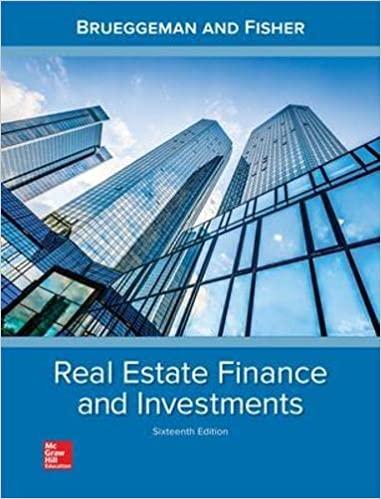Answered step by step
Verified Expert Solution
Question
1 Approved Answer
Consider a dollar amount of $ 7 5 0 today, along with a nominal interest rate of 1 5 . 0 0 % . You
Consider a dollar amount of $ today, along with a nominal interest rate of You are interested in calculating the future value of this amount after years.
For all future value calculations, enter $with the negative sign for PV and for PMT
When calculating the future value of $ compounded annually for years, you would enter a value of for N a value of for IY
Using the keystrokes you just identified on your financial calculator, the future value of $ compounded annually for at the given nominal interest rate, yields a future value of approximately
When calculating the future value of $ compounded semiannually twice per year for years, you would enter a value of for N a value of for IY
Using the keystrokes you just identified on your financial calculator, the future value of $ compounded semiannually for at the given nominal interest rate, yields a future value of
When calculating the future value of $ compounded quarterly for years, you would enter a value of for N a value of for IY
Using the keystrokes you just identified on your financial calculator, the future value of $ compounded quarterly for at the given nominal interest rate, yields a future value of
When calculating the future value of $ compounded monthly for years, you would enter a value of for N a value of for IY
Using the keystrokes you just identified on your financial calculator, the future value of $ compounded monthly for at the given nominal interest rate, yields a future value of
Hint: Assume that there are days in a year.
When calculating the future value of $ compounded daily for years, you would enter a value of for N a value of for IY
Using the keystrokes you just identified on your financial calculator, the future value of $ compounded daily for at the given nominal interest rate, yields a future value of
Based on the results of your calculations, you can conclude that all else equal more frequent compounding leads to a future value. This is due to a periodic interest for more frequent compounding.
Step by Step Solution
There are 3 Steps involved in it
Step: 1

Get Instant Access to Expert-Tailored Solutions
See step-by-step solutions with expert insights and AI powered tools for academic success
Step: 2

Step: 3

Ace Your Homework with AI
Get the answers you need in no time with our AI-driven, step-by-step assistance
Get Started


